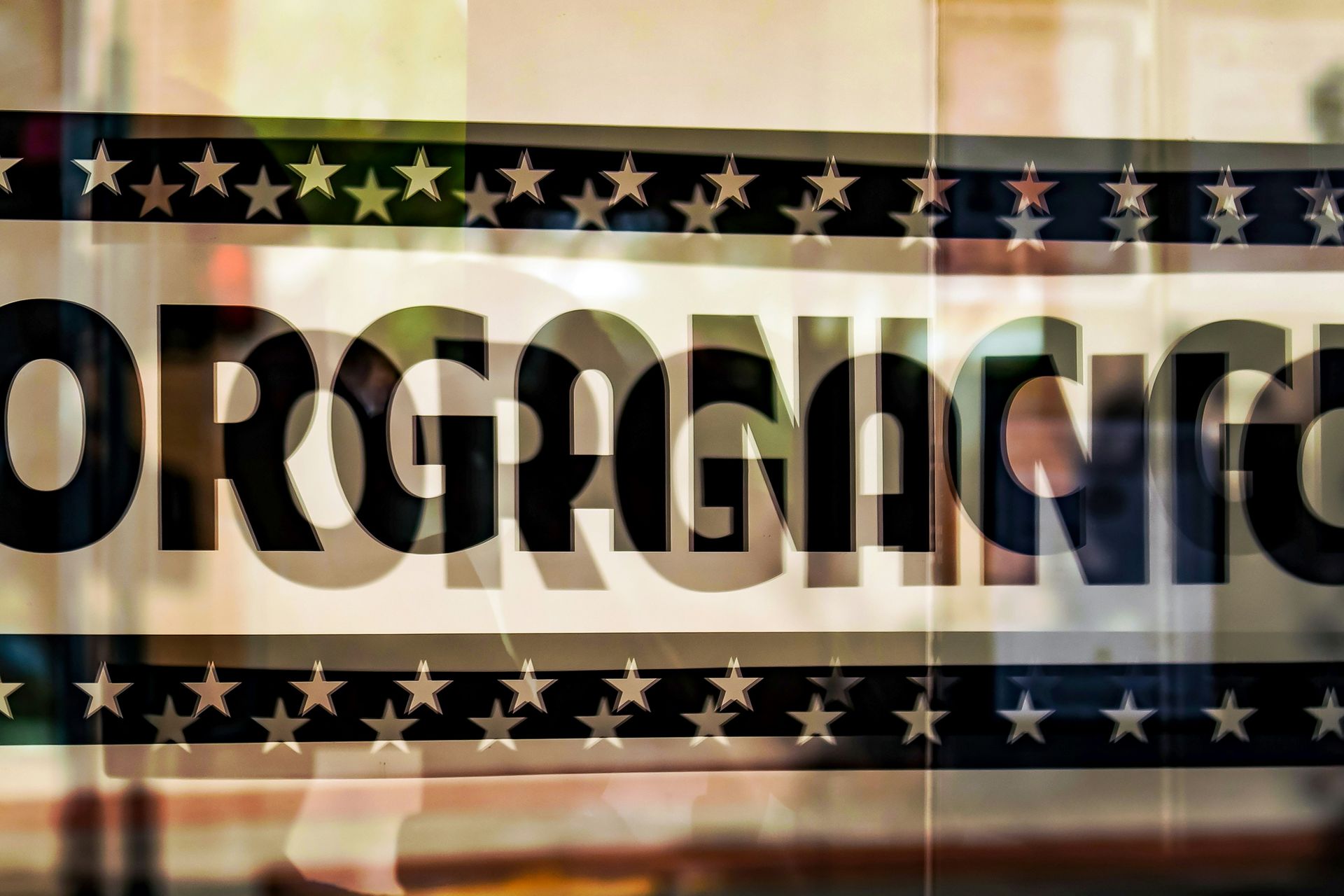WHITEPAPER - Beyond Boundaries: Pioneering the Future of Hyper-Personalised Marketing
AI-Personalisation, Voice Search Mastery, Sustainable Strategies, AR Innovation, and Social Commerce Synergy.
Introduction
In the fast-evolving landscape of global marketing, brands are constantly experimenting with new tools, tactics and technologies in a bid to ‘stay ahead of the curve’ and maintain an ‘competitive advantage’. The year 2023 and our projected trends for 2024 bring forth another unique set of challenges and opportunities for brands, particularly in the customer experience and outsourcing industry.
This whitepaper sees NRS Marketing explore five key marketing trends, delving into the opportunities for businesses with insightful examples, including our predictions and potential repercussions brands may face over the next five years.
TREND 1 - AI-Driven Personalisation
Artificial Intelligence (AI) is revolutionising how brands engage with their customers by enabling personalised experiences at scale. As customers increasingly expect tailored interactions, brands that leverage AI-driven personalisation can gain a competitive edge.

Opportunities
Customer support and outsourcing providers can implement AI-driven chatbots to enhance customer interactions, resolving routine queries efficiently. Personalised marketing strategies can be outsourced with a focus on data analysis and AI integration.
Success Story
Netflix's recommendation engine utilises AI algorithms to analyse user behaviour and preferences, delivering personalised content suggestions.
Prediction
Over the next five years, AI-driven personalisation will become even more sophisticated, integrating with augmented reality and virtual reality technologies. Brands that successfully implement these advancements will offer hyper-personalised experiences, creating deeper connections with their customers.
Repercussions for Brands
Brands failing to embrace advanced AI-driven personalisation risk losing customer engagement and relevance. As consumers grow accustomed to tailored experiences, those not leveraging AI may struggle to meet expectations, resulting in reduced customer loyalty and market share.
TREND 2 - Voice Search Optimisation
The rise of voice-activated devices and virtual assistants has led to a surge in voice searches. Optimising content for voice search is becoming crucial for brands to maintain visibility in search engine results.

Opportunities
Outsourcing content creation with a focus on conversational and long-tail keywords can enhance voice search optimisation. Customer service operations (in-house or outsourced) can integrate voice-activated solutions for seamless customer interactions.
Success Story
Google's latest voice search algorithm prioritises natural language queries, influencing content strategies for businesses aiming to optimise for voice search.
Prediction
Voice search will continue to grow, with an increasing focus on regional accents and language nuances. Brands that invest in understanding diverse linguistic patterns will dominate voice search results, enhancing their global visibility.
Repercussions for Brands
Brands neglecting voice search optimisation may find their online presence diminishing. As voice search becomes the norm, those not adapting risk losing potential customers to competitors who effectively cater to voice-activated searches.
TREND 3 - Sustainability Marketing
Consumers are increasingly making purchasing decisions based on a brand's commitment to sustainability. Brands that communicate their environmental, social and governance (ESG) responsibility can build stronger connections with their audience.

Opportunities
On-premises and outsourced customer support teams trained in sustainability messaging can ensure a consistent brand image. Content outsourcing can focus on creating materials that highlight a brand's sustainable practices.
Success Story
Patagonia's commitment to sustainability is ingrained in its marketing, resonating with eco-conscious consumers and enhancing brand loyalty.
Prediction
The demand for sustainability will escalate, with consumers expecting transparency and tangible efforts from brands. Successful brands will not only adopt sustainable practices but will also effectively communicate these initiatives through innovative marketing campaigns.
Repercussions for Brands
Brands that ignore sustainability may face reputational damage and decreased consumer trust. With environmental concerns at the forefront, consumers are likely to boycott or shift loyalty from brands perceived as environmentally irresponsible.
TREND 4 - Augmented Reality (AR) Experiences
AR technology is transforming the way consumers interact with products and services. Brands leveraging AR can create immersive experiences that drive engagement and boost sales.

Opportunities
Brands focused on enhancing their customer experience and support functions, can integrate AR solutions for product demonstrations and issue resolutions. Outsourcing AR content creation to experts allows brands to stay innovative without significant in-house investments.
Success Story
IKEA's AR app enables customers to visualise furniture in their homes before making a purchase, enhancing the online shopping experience.
Prediction
AR is, and will continue to evolve beyond marketing, becoming an integral part of the consumer journey, from product discovery to after-sales support. Brands that incorporate AR into physical stores and customer service interactions will create immersive, seamless experiences.
Repercussions for Brands
Brands resisting AR integration risk falling behind competitors in terms of customer experience. As AR becomes an expectation rather than a novelty, failure to adopt these technologies may result in decreased customer satisfaction and missed sales opportunities.
TREND 5 - Social Commerce Integration
Social media platforms continue to evolve into powerful sales channels. Brands are capitalising on social commerce features to directly sell products and services within these platforms.

Opportunities
Social media management is fundamental. Brands with in-house or outsourced customer experience and support teams need to be across key channels for seamless customer interactions. Content creation can focus on developing engaging visuals and copy for social commerce campaigns.
Success Story
Instagram's "Checkout" feature allows users to purchase products directly within the app, streamlining the customer journey and increasing conversion rates.
Prediction
Social commerce will become the primary avenue for online transactions, with platforms offering more advanced features like virtual try-ons and integrated customer support. Brands that excel in social commerce will see increased conversion rates and customer loyalty.
Repercussions for Brands
Brands neglecting social commerce may struggle to reach and convert customers efficiently. As
social media platforms prioritise commerce features, failure to participate may lead to a diminished online presence, impacting sales and hindering brand growth.
Summary
Staying abreast of global marketing trends is imperative for brands operating in the customer experience and outsourcing industry. Over the next five years, brands must not only adopt these trends but also stay agile and adapt to emerging technologies. By embracing AI-driven personalisation, optimising for voice search, incorporating sustainability into marketing strategies, integrating AR experiences, and leveraging social commerce, brands can navigate the evolving landscape and create meaningful connections with their audience.
As we move into 2024, those who strategically align their marketing efforts with these trends will be well-positioned for success. The repercussions for neglecting these trends are not only limited to loss of market share but extend to reputational damage and diminished customer trust. The pace of innovation will inevitably increase, and brands that do not embrace digital transformation and ‘keep-up’, risk becoming obsolete in an ever-evolving digital landscape.
NRS Marketing Blog




